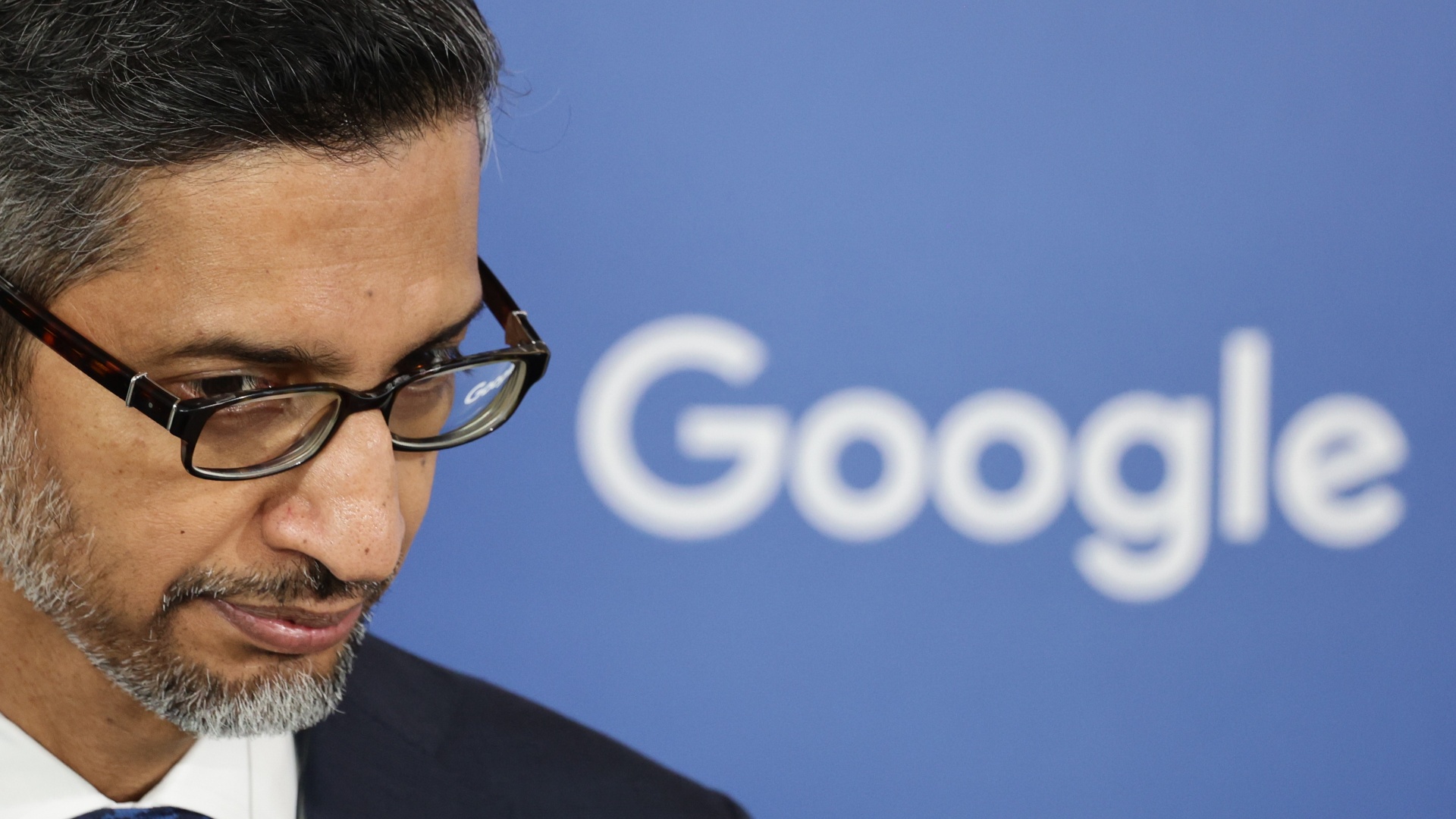Google boss says AI isn't a winner-takes-all competition: "I think all of us are going to do well in this scenario"
Google CEO Sundar Pichai claims the AI race won't have just one winner.

All the latest news, reviews, and guides for Windows and Xbox diehards.
You are now subscribed
Your newsletter sign-up was successful
Microsoft, Google, OpenAI, xAI, and Anthropic are among the big tech names in the generative AI landscape. While it can be challenging to foresee the future in the ever-evolving multi-billion-dollar industry, AGI (artificial general intelligence) seems like the end goal for most of these companies.
However, AGI has become a buzzword with a different meaning each time it's at the center of discussions. Theoretically, it's supposed to be a powerful AI system with cognitive capabilities that make it more intelligent than humans.
Projections and speculations by industry tech leaders suggest that the feat could be achieved within this decade. While it poses an existential threat to humanity (often leaving some, like DeepMind CEO Demis Hassabis, with sleepless nights), OpenAI claims the AGI moment will whoosh by with surprisingly little societal impact.
Most people have narrowed down the potential winners of the AI race based on capital, computing power, and talent. Still, Google's CEO, Sundar Pichai, seems to have a different approach.
The executive disagrees with the notion that the AI race is a winner-take-all system. During an episode of the All-In Podcast, Pichai indicated (via Fortune):
"I think all of us are going to do well in this scenario."
He flagged the idea of one tech company winning the AI race, leaving everyone else to count their losses as a misconception. Instead, he foresees AI creating an entirely new world. While he acknowledges that the key players in AI are "an impressive group," AI provides a broader "opportunity landscape" compared to any technology.
All the latest news, reviews, and guides for Windows and Xbox diehards.
Interestingly, he indicated that there might be players that haven't ventured into the AI landscape yet, making it difficult to pinpoint the winner of the AI race. Pichai raised a critical point, indicating that Google hadn't been established during the emergence of the internet, yet it has since become the most popular search engine among users worldwide.
"There are companies we don't even know, haven't been started yet, their names aren't known," added Pichai. He claimed that those companies could end up being the big winners in AI.
This reminds me of DeepSeek's mysterious emergence earlier this year. The Chinese startup managed to develop an AI model that took on OpenAI's proprietary models at a fraction of the cost. While the authenticity of its overnight success continues to raise eyebrows among critics, it clearly indicates that the AI race cannot be predicted and narrowed down to one winner.

Kevin Okemwa is a seasoned tech journalist based in Nairobi, Kenya with lots of experience covering the latest trends and developments in the industry at Windows Central. With a passion for innovation and a keen eye for detail, he has written for leading publications such as OnMSFT, MakeUseOf, and Windows Report, providing insightful analysis and breaking news on everything revolving around the Microsoft ecosystem. While AFK and not busy following the ever-emerging trends in tech, you can find him exploring the world or listening to music.
You must confirm your public display name before commenting
Please logout and then login again, you will then be prompted to enter your display name.
